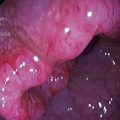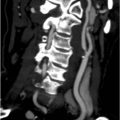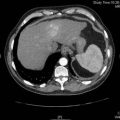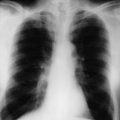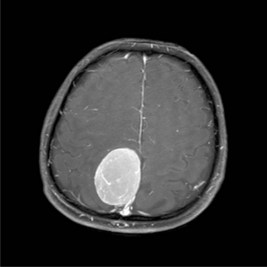Problem 55 A 74-year-old man with confusion and oliguria
| Sodium | 143 mmol/L | (N: 137–145) |
| Potassium | 7.8 mmol/L | (N: 3.5–4.9) |
| Chloride | 105 mmol/L | (N: 100–109) |
| Bicarbonate | 8 mmol/L | (N: 22–32) |
| Urea | 65 mmol/L | (N: 2.7–8.0) |
| Creatinine | 850 µmol/L | (N: 50–120) |
| Phosphate | 3.5 mmol/L | (N: 0.65–1.45) |
| Calcium | 1.64 mmol/L | (N: 2.10–2.55) |
| Albumin | 30 g/L | (N: 34–48) |
| Haemoglobin | 145 g/L | (N: 135–175) |
Answers
A.3 Severe hyperkalaemia is an emergency requiring rapid and aggressive treatment. While an electrocardiogram is a useful adjunct investigation and will show abnormalities such as peaked T waves and broadening of the QRS complex, at this potassium level it should not be used as a means of deciding whether to treat. Protocols for treatment of hyperkalaemia should be standard items in emergency departments, and consist of a combination of cardioprotective and potassium-lowering manoeuvres using calcium gluconate and dextrose-insulin. An example of such a protocol is shown in Box 55.1.
Box 55.1
Example of a protocol for treatment of hyperkalaemia
Treatment of Serum K+ Greater Than 6.5 mmol/L OR ECG Changes Present
Revision Points
www http://emedicine.medscape.com/article/243492-overview. eMedicine acute renal failure
Pannu N., Klarenbach S., Wiebe N., et al. Renal replacement therapy in patients with acute renal failure: a systematic review. Journal of the American Medical Association, 299;7. 2008:793-805. Free full text at http://jama.ama-assn.org/cgi/content/full/299/7/793.

